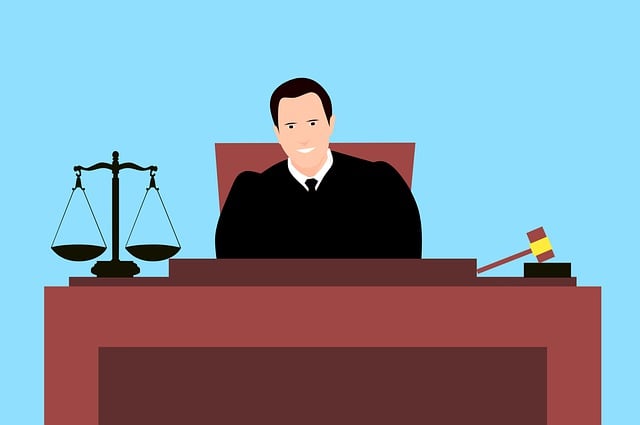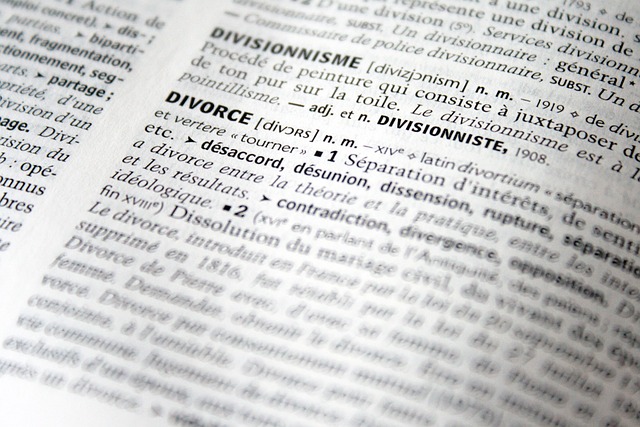Understanding defamation law is crucial for criminal defense attorneys handling complex cases, especially white-collar crime. Defamation involves false statements harming reputation, with key elements being publication, harm, and fault, typically manifested as libel (written) or slander (spoken). Successful defenses involve assessing evidence, understanding context, and distinguishing opinion from fact. Attorneys must prove absence of malice and honest expression of opinion or belief. Robust defenses, built through thorough fact-finding and evidence analysis, coupled with strategic challenges to testimony and evidence, are essential. Adaptable approaches, expert witnesses, investigative techniques, and legal arguments highlighting procedural issues or constitutional rights violations, ensure fair outcomes while protecting clients' reputations. Effective communication is key; attorneys must convey complex arguments clearly to judges and juries, fostering understanding and building trust. In high-profile cases, strategies involve fact-checking, evaluating evidence, differentiating protected free speech from defamatory statements using precedents, and presenting defenses based on truth, context, and public interest.
Criminal Defense Attorneys play a pivotal role in safeguarding individuals accused of crimes. In the complex landscape of defamation litigation, understanding key elements and diverse types of defamation is crucial for building solid defenses. This article explores successful strategies, effective communication tactics, and real-world case studies showcasing how attorneys can navigate high-profile defamation cases. Discover vital insights into defending against these charges, leveraging legal expertise to achieve favorable outcomes.
- Understanding Defamation Law: Key Elements and Types of Defamation
- Building a Solid Defense: Strategies to Challenge Accusations
- Effective Communication: How Attorneys Can Navigate Complex Cases
- Case Studies: Successful Defense Tactics in High-Profile Defamation Litigations
Understanding Defamation Law: Key Elements and Types of Defamation

Understanding defamation law is crucial for criminal defense attorneys navigating complex cases. Defamation occurs when someone makes a false statement about another individual, causing harm to their reputation. Key elements include the publication of a false statement, actual or perceived harm, and fault on the part of the defendant. There are two main types: libel, which involves written or printed statements, and slander, pertaining to spoken words.
Successful strategies in defamation litigation involve careful assessment of evidence, understanding the context of communication, and distinguishing between opinion and fact. For his clients, defense attorneys must demonstrate that the statement was not made with malice, and that it represents an honest expression of opinion or belief. In cases involving white-collar crime defenses, where individuals face accusations in all stages of the investigative and enforcement process, a comprehensive understanding of defamation law can significantly impact the outcome.
Building a Solid Defense: Strategies to Challenge Accusations

Building a solid defense is paramount for Criminal Defense Attorneys aiming to achieve winning challenging defense verdicts in defamation litigation. Successful strategies in this arena involve meticulous fact-finding and evidence analysis to uncover the truth behind the allegations. By challenging the validity of the complainant’s testimony, questioning the reliability of evidence presented, and presenting alibis or exculpatory information, attorneys can create reasonable doubt in the minds of the jury.
Attorneys must also adapt their approach based on the nature of the case and the respective business, corporate, or individual clients they represent. This may involve leveraging expert witnesses to provide specialized insights, employing investigative techniques to counter false accusations, and utilizing legal arguments that highlight procedural irregularities or violations of constitutional rights. Ultimately, a well-crafted defense strategy not only protects the client’s reputation but also ensures justice is served.
Effective Communication: How Attorneys Can Navigate Complex Cases

In the intricate dance of criminal defense, attorneys must master effective communication to navigate complex cases. A successful strategy in defamation litigation, for instance, demands clarity and precision when presenting arguments to judges and juries. Attorneys should employ plain language to explain intricate legal concepts, ensuring their clients’ rights are protected without overwhelming the court with jargon. This approach fosters a deeper understanding of the issues at hand, strengthening the defense’s position.
Moreover, cultivating strong communication skills enables attorneys to build trust with their clients, a crucial element in high-stakes cases like white-collar defense. By actively listening and demonstrating empathy, lawyers can tailor their strategies to their clients’ unique needs, fostering collaboration that may prove pivotal in navigating the complexities of these cases. This not only enhances the chances of success but also strengthens relationships within the philanthropic and political communities where such cases often arise.
Case Studies: Successful Defense Tactics in High-Profile Defamation Litigations

In the realm of high-profile defamation litigations, criminal defense attorneys employ a diverse array of successful strategies throughout all stages of the investigative and enforcement process. One notable tactic involves meticulous fact-checking and evidence evaluation to uncover inconsistencies in plaintiff claims, which can significantly weaken their case. For instance, in recent high-stakes cases, defense teams have successfully challenged the authenticity of anonymous sources cited by plaintiffs, leaving judges to question the reliability of such testimony.
Additionally, attorneys often focus on distinguishing between protected free speech and defamatory statements, leveraging legal precedents to protect corporate and individual clients from baseless allegations. By presenting robust defenses centered around truth, context, and public interest, criminal defense attorneys can deter frivolous lawsuits and safeguard their clients’ reputations in the face of intense media scrutiny. These successful strategies not only ensure fair outcomes but also reinforce the integrity of the legal system in high-profile situations.
Criminal defense attorneys play a pivotal role in protecting individuals from false accusations, and understanding defamation law is a key component of their practice. By mastering the art of building solid defenses and employing effective communication strategies, attorneys can navigate complex defamation cases with confidence. The successful tactics outlined in this article, supported by real-world case studies, provide valuable insights into the most effective strategies in defamation litigation. These skills are essential for any attorney looking to excel in defending their clients against defamation charges.






